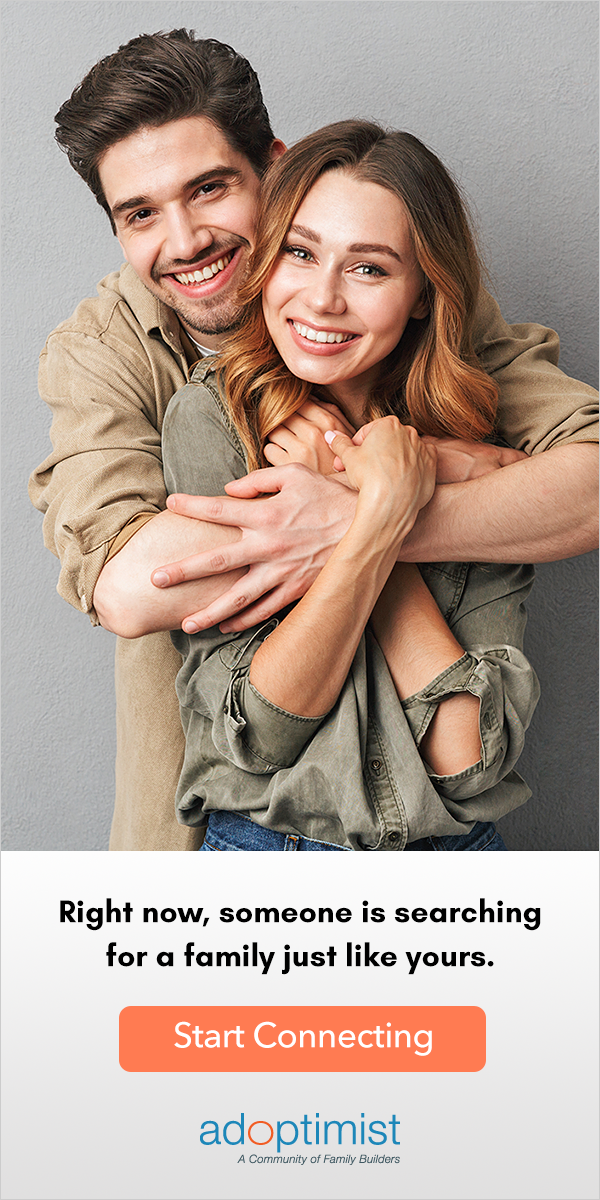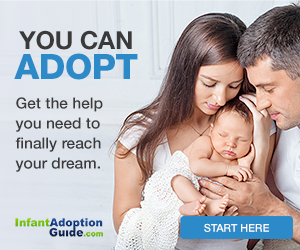Supreme Court Will Rule on Religious Liberty and Same-sex Adoption

The debate over non-discrimination laws versus religious liberty, a dilemma that has seen several high-profile court cases in recent years, is seeing yet another in the form of Fulton v. City of Philadelphia. The National Catholic Reporter reports that the case that is being presented to the Supreme Court and it follows a familiar pattern: one side defends laws that mandate non-discrimination, and the other argues that sincere religious beliefs should override government decisions. The city of Philadelphia is fighting to cease funding Catholic Social Services due to the organization’s refusal to place foster children with same-sex couples. The opposition, comprised of Catholic Social Services and two Catholic foster parents, contends that the city withdrawing funding would be a form of religious discrimination.
The clash between religious and secular is by no means new but has seen increased controversy since the Vatican made a declaration against adoption by homosexuals in 2003. John Gehring reports that the Congregation for the Doctrine of the Faith ruled that allowing same-sex couples to adopt children “would actually mean doing violence to these children.” These forceful words from the CDF have led several cities’ Catholic Social Services groups to end their adoption programs. Catholic Charities of Boston and Buffalo are among the organizations that no longer provide adoption services that are needed in a nation that has 400,000 children in foster care.
Fulton v. City of Philadelphia, which will likely be decided in June, is being closely followed by LGBTQ advocates across the United States. Deputy director of the American Civil Liberties Union’s LGBT and HIV Project, Leslie Cooper, argues that this case has far-reaching implications: “If the court agrees with Catholic Social Services, any taxpayer-funded program could turn away not only LGBTQ people but also those who are Jewish, Muslim, Mormon or otherwise do not meet a religious test. When an organization chooses to accept taxpayer dollars to provide a government service, it doesn't have a right to pick and choose who it will serve.”
Gehring notes that according to the ACLU, “The services affected by the Fulton case are foster family certification services, which [in 2018] accounted for $1.7 million of that funding [from the city of Philadelphia].” The outcome of the case, then, could have a significant impact not only on foster children in Philadelphia, but also on future deliberations involving religious liberty and anti-discrimination laws in America. Law professor Nelson Tebbe of Cornell University predicts that the current Supreme Court, with a majority of politically conservative Justices, may follow its recent tendencies in such cases and rule in favor of Catholic Social Services. Lee Epstein and Eric A. Posner, authors of a study on Chief Justice John Roberts’ Court, agree: “This trend will not end soon and may accelerate.”

